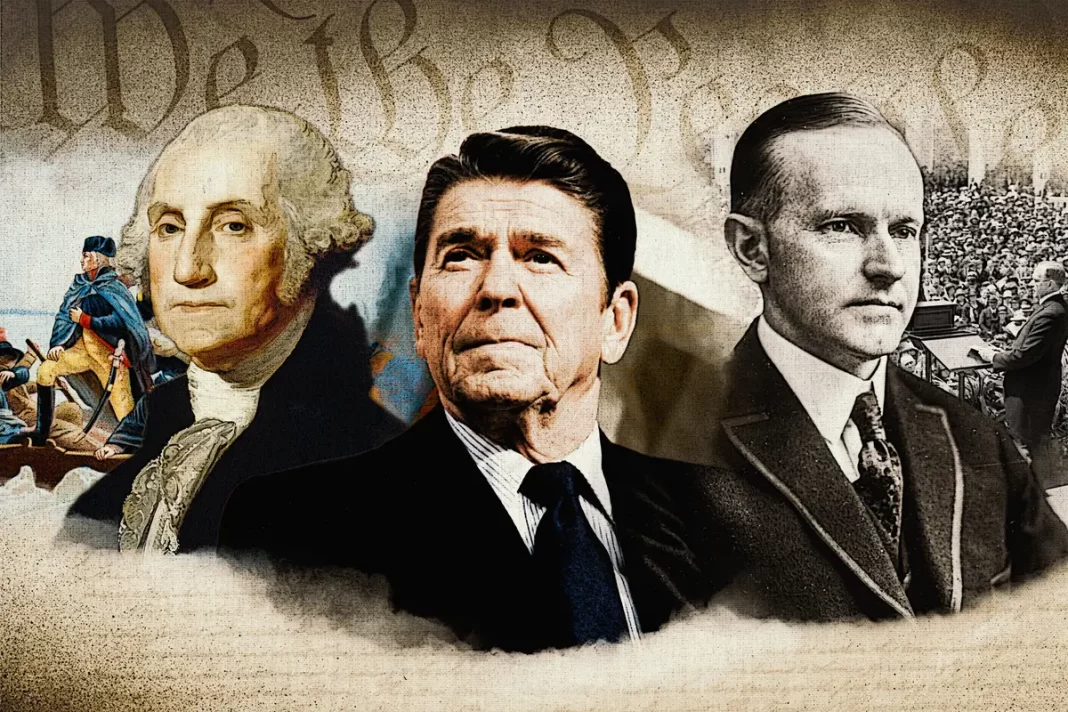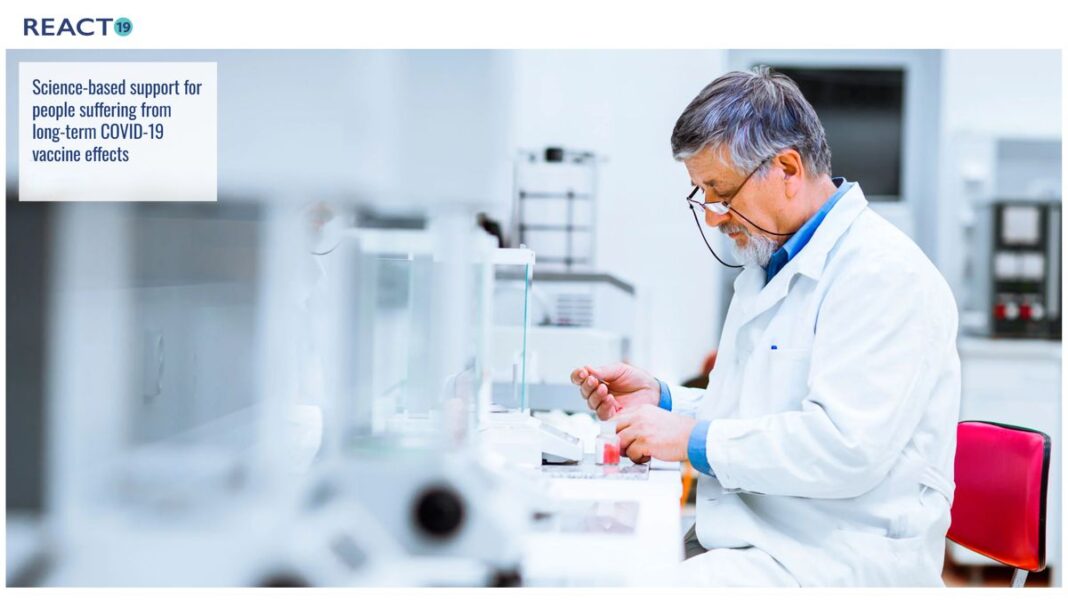Geert Wilders’ surprise electoral win may see Amsterdam’s approach to Ukraine move closer to that of Hungary and Slovakia.
European assistance to Ukraine will likely be dealt another blow following the electoral victory of Geert Wilders’s right-wing Freedom Party (PVV).
The PVV defied expectations by taking first place in a Nov. 22 parliamentary poll, winning 37 of 150 seats in the Dutch national assembly.
The incumbent People’s Party for Freedom and Democracy (VVD), led by outgoing Prime Minister Mark Rutte, managed to clinch only 24 seats.
Unlike Mr. Rutte’s VVD, Mr. Wilders’s party is vehemently opposed to a number of longstanding EU policies, especially those pertaining to immigration.
It has also voiced opposition to admitting Ukraine, Moldova, and some Balkan states into the EU.
Perhaps most contentiously, Mr. Wilders’s PVV also wants to vastly reduce Dutch assistance to Ukraine, both financial and military.
In previous comments, Mr. Wilders has condemned Russia’s invasion of Ukraine, which is about to enter its 22nd month, and has blamed Moscow for starting the war.
But he has also said that the Netherlands, a longstanding NATO member, needs the military equipment that it gives to Ukraine in order to defend itself.
Kajsa Ollongren, the country’s current defense minister, has voiced hope that Dutch support for Kyiv will continue–even under a PVV-led government.
Coalition Talks Underway
Mr. Wilders and his party are now in the process of forging a ruling coalition with other Dutch political parties.
As it currently stands, Mr. Rutte’s VVD and the centrist New Social Contract party are considered the likeliest candidates to join a PVV-led coalition.
Both parties, however, remain firmly committed to continued support for Ukraine, meaning some kind of compromise will have to be struck.
The Farmer-Citizen Movement (BBB), a smaller right-leaning party, has also voiced willingness to enter a coalition led by Mr. Wilders’s PVV.
BBB leader Caroline van der Plas has said she expects the PVV to moderate its more hardline positions with a view to winning over potential partners.
Mr. Wilders “has promised to be milder,” she told reporters on Nov. 23.
Until a viable coalition is drawn up, Mr. Rutte will remain at his post as caretaker.
Under Mr. Rutte’s administration, Amsterdam provided Ukraine with more than 7 billion euros (about $7.6 billion) in assistance, both financial and military.
By Adam Morrow





